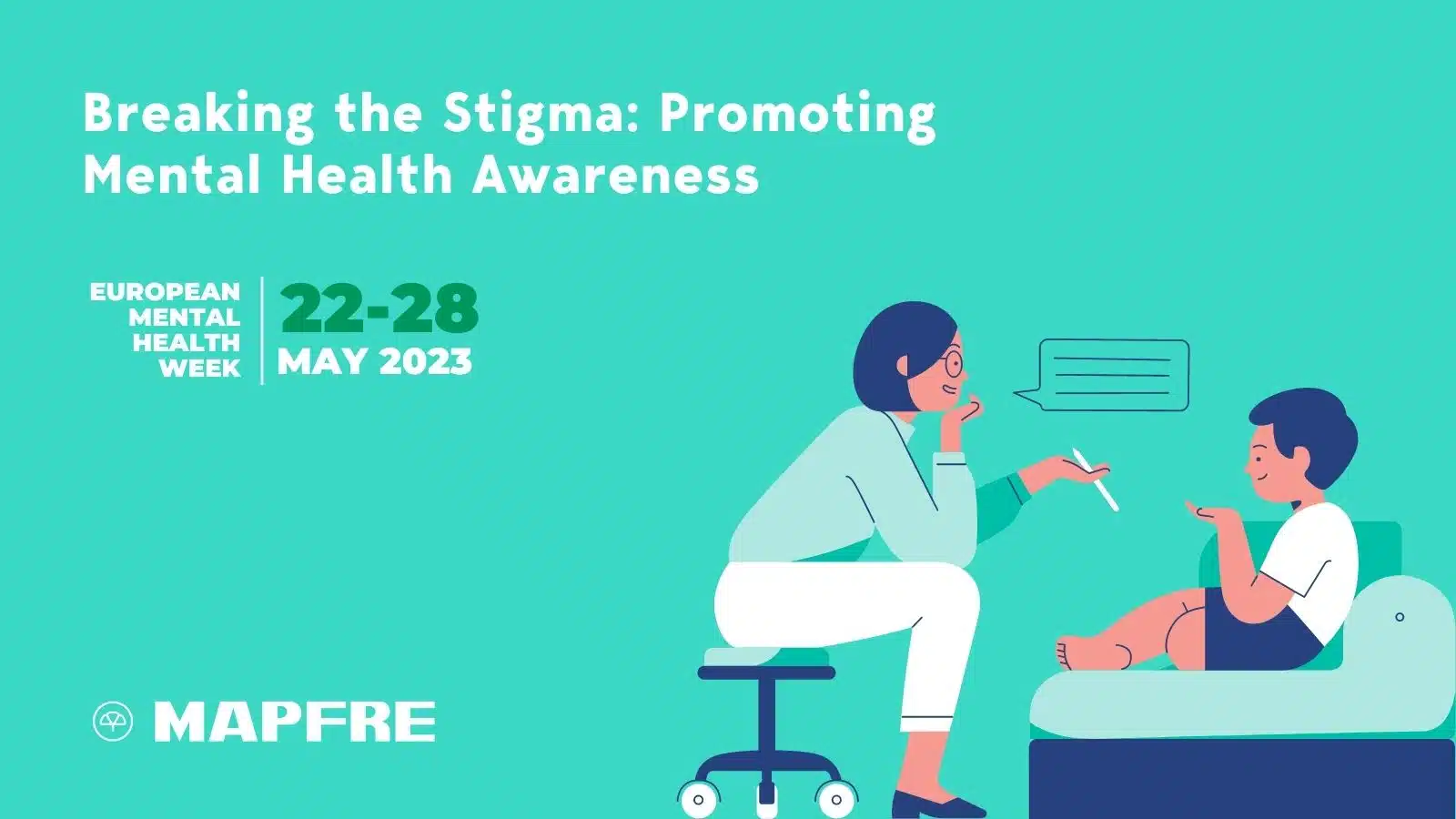Mental health, a topic once shrouded in stigma and silence, is gaining recognition and importance in today’s society. It’s time to break free from the shackles of judgment and promote open conversations about mental health. By challenging stigmas and raising awareness, we can create a supportive and understanding environment for those struggling with mental health issues. In this article, we’ll delve into the negative impact of mental health stigma and offer friendly insights on how to combat it, fostering a culture of empathy and acceptance.
Stigma surrounding mental health refers to the social stereotypes, prejudices, and discriminatory attitudes that contribute to the marginalization of individuals with mental health conditions. This stigma can prevent people from seeking help, openly discussing their struggles, and receiving the support they need.
Ways to combat the Mental Health Stigma:
- Education and Awareness: Knowledge is a powerful tool in combating stigma. Educate yourself about different mental health conditions, their causes, and treatment options. Share this knowledge with others, dispelling myths and misconceptions. The more informed we are, the better equipped we become to challenge stigma.
- Sharing Personal Stories: Personal stories have the ability to humanize mental health struggles. Encourage individuals with lived experiences to share their stories, either through personal blogs, social media, or support groups. By sharing their journeys, they can inspire others and help them feel less alone in their struggles.
- Language Matters: Be mindful of the language we use when discussing mental health. Avoid derogatory terms or derogatory language that perpetuate stereotypes. Instead, opt for inclusive and person-first language that emphasizes the individual’s experiences and strengths rather than their condition.
- Open Dialogue: Foster an environment of open dialogue and non-judgment. Encourage conversations about mental health with friends, family, and colleagues. Create safe spaces where individuals feel comfortable sharing their feelings and seeking support without fear of judgment.
- Support and Empathy: Show empathy and support to individuals experiencing mental health challenges. Be a good listener, offer validation, and avoid judgment. Recognize that mental health struggles are valid and that seeking help is a sign of strength. Treat mental health with the same compassion and understanding as physical health.
- Collaboration and Advocacy: Join forces with organizations and advocates dedicated to mental health. Participate in awareness campaigns, support mental health initiatives, and promote policies that prioritize mental well-being. Together, we can create lasting change and break down the barriers of stigma.
It’s time to shatter the silence surrounding mental health and replace it with compassion and understanding. By combating mental health stigma through education, personal stories, inclusive language, open dialogue, support, and advocacy, we can build a society that embraces mental health as an integral part of overall well-being. Let’s work together to create a culture of empathy, acceptance, and support for individuals living with mental health conditions. Remember, our collective efforts can make a profound difference, fostering a brighter and more compassionate future for all.



